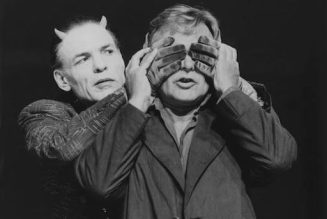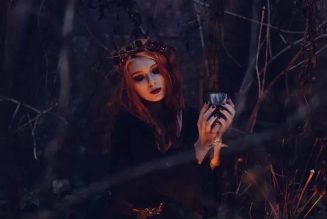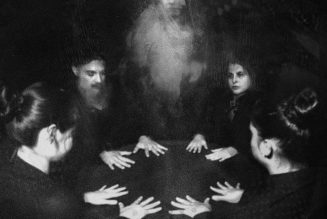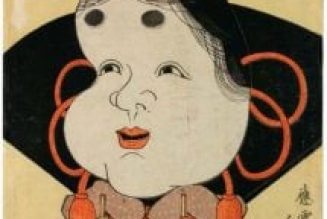
Origin: Celtic
Abnoba is the Goddess of the Black Forest, now in modern Germany, a region with many therapeutic springs including the famed Baden-Baden. The etymology of her Celtic name is related to “wetness” or “river.” It is very closely related to Avon, a popular name for rivers; some conjecture that at least some of those rivers are named in her honor.
Very little information about Abnoba survives. The Romans
identified her with Diana. A Roman altar was dedicated to Diana Abnoba at the warm mineral springs of Badenweiler at the Black Forest’s edge. As her altar was located at a therapeutic bath, it is probably safe to assume that she was similar in nature to Celtic female deities associated with healing springs, like Sequana or Sulis, but possessing stronger associations with wild nature, hence the association with Diana. Like Diana, Abnoba may have associations with fertility and women’s rites.
Roman historian Tacitus (circa 56–circa 117 CE) writes that
Abnoba also names a mountain from which the source of the
Danube River flows. Two streams within the Black Forest do form
the Danube’s source, but the location and modern identity of this
mountain have not been identified. It is possible that Abnoba is also the spirit of that mountain, one or both of those streams, the
Danube itself, or any or all of the above.
Petition: Petition Abnoba to help preserve wild nature, forest
plants, and animals.
Favored people: Those possessing strong associations with the
Black Forest or perhaps even woods, in general, form her
constituency.
Altar: Decorate it to evoke a deep forest. Include pine and r cones
(the most prevalent trees in the Black Forest) and images of forest
animals.
Offerings: Efforts on behalf of what was once her domain; Black
Forest Cake; Black Forest ham; spring water; pilgrimage to one of
the springs near the Black Forest.








